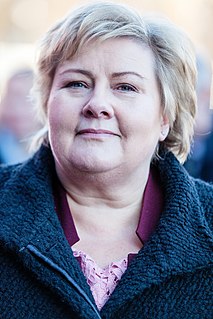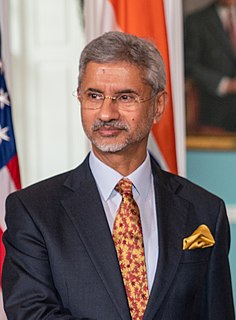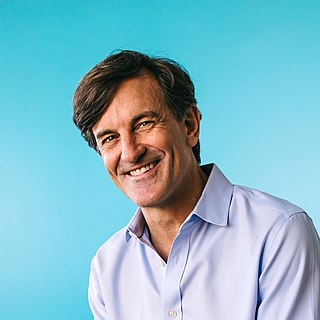A Quote by Dale T. Mortensen
Over the years, the technology of trade has changed in response to advances in the ability to communicate. From its origins on the streets of Chicago, the Board of Trade moved to a building housing 'trading pits' for the open-outcry exchange by brokers representing buyers and sellers.
Related Quotes
We also exchange oil for software technology. Uruguay is one of the biggest producers of software. We are breaking with the neoliberal model. We do not believe in free trade. We believe in fair trade and exchange, not competition but cooperation. I'm not giving away oil for free. Just using oil, first to benefit our people, to relieve poverty.
Fair Trade is a market-based, entrepreneurial response to business as usual: it helps third-word farmers developing direct market access as well as the organizational and management capacity to add value to their products and take them directly to the global market. Direct trade, a fair price, access to capital and local capacity-building, which are the core strategies of this model, have been successfully building farmers' incomes and self-reliance for more than 50 years.
As South Korea shows, active participation in international trade does not require free trade. Indeed, had South Korea pursued free trade and not promoted infant industries, it would not have become a major trading nation. It would still be exporting raw materials (e.g., tungsten ore, fish, seaweed) or low-technology, low-price products (e.g., textiles, garments, wigs made with human hair) that used to be its main export items in the 1960s.




































